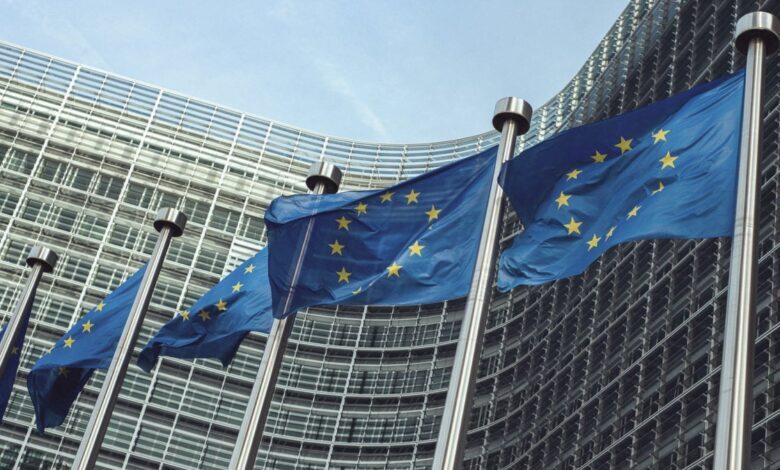European Union to Track Crypto Transactions Over 1,000 Euros

The European Union countries have agreed to set a new limit on cash purchases in order to ensure stronger control of cryptocurrency transactions in the region, for “by limiting large cash payments, the EU will make it harder for criminals to launder dirty money.”
On Nov. 6, the bloc approved a new limit for cash payments, that will permit up to €10,000 ($10,557) in all of the countries that are part of the union. However, countries will be allowed to reduce the limit even more.
According to Bitcoin.com, Spain has one of the lowest limits in this regard, allowing citizens to only pay up to €1,000 ($1,055) with cash. However, the European Central Bank (ECB) expressed its disagreement with this back in 2018, when the institution qualified the measure as “disproportionate” as it could limit the usage of cash as an effective legal tender.
Zbynek Stanjur, minister of finance of the Czech Republic, said, “Large cash payments beyond €10, 000 will become impossible. Trying to stay anonymous when buying or selling crypto-assets will become much more difficult.”
The move is expected to be implemented in several other sectors, such as jewelry, goldsmithing, persons trading in precious metals and tools, and cultural goods that “will also be subject to the obligations of the regulation.” Stanjura said, “Hiding behind multiple layers of ownership of companies won’t work anymore. It will even become difficult to launder dirty money via jewelers or goldsmiths.”
The new directives are aimed at protecting the EU’s financial system against money laundering and terrorist financing in the area.
Commenting on this, Satanjura said, “Terrorists and those who finance them are not welcome in Europe. In order to launder dirty money, criminal individuals and organizations had to look for loopholes in our existing rules which are already quite strict. But our intention is to close these loopholes further, and to apply even stricter rules in all EU member states.”
The council will soon start negotiations with the European Parliament in order to agree on a final version of the texts.




